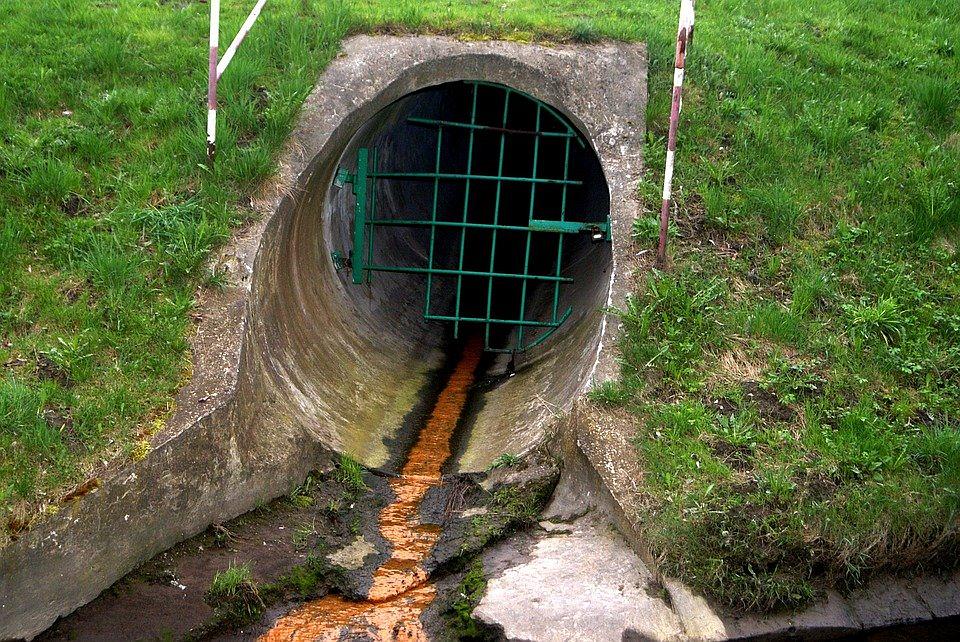(P) How to get things done in Romania?

Romania signed the European Water Directive when entering the EU. The goal was to get sanitation for all Romanians and to stop polluting the waters. Clean water is a necessity of life for nature and for humans! Children must be able to swim in a creek without getting sick!
Over and over the (unreached) goals were adjusted, but the Romanian government is not even able to reach the reduced goals in, for example, wastewater treatment. And even many new Sewage Water Plants (STP) are NOT compliant!

Here’s an image of the EU-Urban waste Water Map:

As everyone can see, large areas in Romania don’t even have Waste water treatment, and 50% of the measured plants are non-compliant. Although the EU has billions in funds reserved for Romanian sanitation improvement, the progress is still far behind.
Asking European Commissioner Mrs. Ferreira about this situation she replies: “The Commission services and I personally share your conclusions that Romania has been experiencing serious difficulties in implementing the obligations. Therefore, the Commission has taken action on the one hand by launching infringement procedures against Romania for failure to comply with EU law.”
So, what is causing this backlog, while money for projects, provided the project quality is approved, is available? What is holding back the necessary funded investments?
Of course, there are several reasons to be mentioned, but the main reason is the one that no one speaks in public...Let’s say it’s very comfortable for all involved in a project to cream off some nice profits. And if the Romanian Governance declares local mayors and municipality boards responsible for starting up the sanitation projects in their villages, while no expertise is available, you make the environment very corruption-sensitive.
So, employing regional “cousins” for designing and construction, one can be sure that everybody within the family will be happy. That the result is a non-compliant, energy-consuming monster, is not important at this moment. It will become important when the inhabitants have to pay huge tax increases to pay for the damage and high electricity bills.
But then it’s too late... what can you do (ce să fac?)?
To really get out of this deep-rooted culture, there need to be National Authorities that dare to get things done. First, take control of the projects on a national level, by an authority like ANAR that has (internal or external) expertise to really make steps. That can overrule issues with handing over contracts to family and friends. That also can use innovative (but proven) technologies from European specialists, instead of regional copy-paste of old concepts.
In order to speed up things, stop designing thousands of kilometers of piping and pumping, but seriously take a look at decentral, Plug&Play solutions that are available.
Decentral solutions with very good proven performances. Compliant, saving a lot of money by reducing kilometers of piping, low energy usage (to be paid by the inhabitants), and adjustable in size. Question for the Ministry of Environment, Waters, and Forests...
Who dares to stand up and say: “let’s do this”?
(This article is an advertorial that was paid for).















